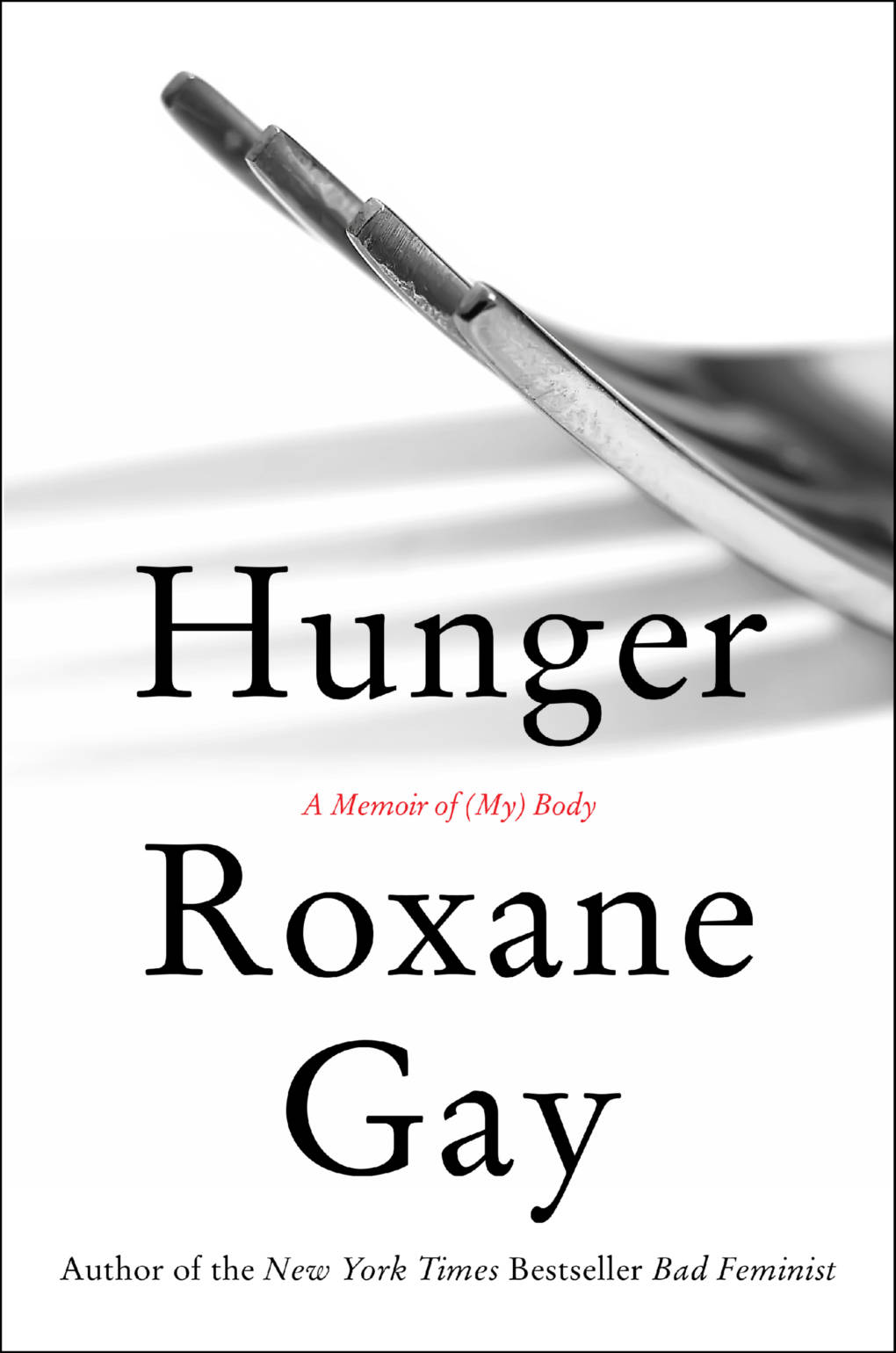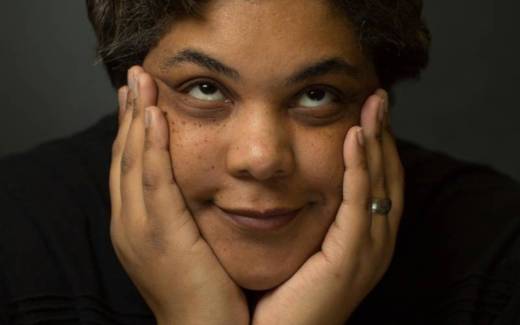In 2012, Roxane Gay, the founding essays editor at The Rumpus, published an essay ostensibly about about The Hunger Games. Those on Twitter who followed Gay — already famous, at least in the indie literary world, for her straightforward, insightful writing about Sweet Valley High , toxic American racism and more — had known that she was a huge fan of the film and book series (and a die-hard member of Team Peeta).
But within a few paragraphs, it became clear that the essay wasn’t your average chronicle of an obsessive love for a film. Rather, Gay used The Hunger Games as an entry point to write about being raped in an abandoned hunting cabin in the woods when she was 12 years old, and the end of her illusions of safety and strength.
Talk to most women and they’ll have dozens of stories of aggressions — both micro and macro — from every stage of life. They can be as routine as walking down a familiar street, always assessing for threats. Is that man going to say something to me? When am I going to be told to smile when I don’t want to? When is someone going to yell something vulgar or crude to me from a passing car? They can also take monstrous, unbearable shape: for Gay, a horrific rape by a group of popular boys that she knew from school.
“They kept me there for hours,” Gay wrote. “It was as bad as you might expect. The repercussions linger.”
The essay was followed by more and more writing, and Gay’s ascendance to the bestseller list with her immensely popular essay collection Bad Feminist. Earlier this year, she released a short story collection, Difficult Women, which arrived to excellent reviews. All of which makes anticipation high for the June 23 publication of Hunger: A Memoir of (My) Body (HarperCollins; $25.99), wherein Gay spends 305 pages explicating those lingering repercussions from that day in the woods.

Americans crave stories of triumph, especially over the body: the defeat of addiction, disease, and above all, obesity. We want to read about discipline, about celebrities that lose the baby weight, about slimming down disguised as catharsis. Gay tells the reader from the onset that we won’t find catharsis in the story she’s about to tell.
The story of my body is not a story of triumph. This is not a weight-loss memoir. There will be no picture of a thin version of me, my slender body emblazoned across this book’s cover, with me standing in one leg of my former, fatter self’s jeans. This is not a book that will offer motivation. I don’t have any powerful insight into what it takes to overcome an unruly body and unruly appetites. Mine is not a success story. Mine is simply a true story.
Organized in short bursts of chapters, the narrative takes on a circular pattern, with Gay returning to certain phrases, concepts, events. How, soon after the rape, she began eating as a way to make her body into a fortress, so that what happened would never happen again. This is her refrain; underneath it is the core wound of the rape. This is where Gay’s life trajectory was split in two, so brutal that you want to look away. You will remember the times you fat-shamed someone, or were fat-shamed yourself. You will feel implicated.
Some boys destroyed me, and I barely survived it. I knew I wouldn’t be able to endure another such violation, and so I ate because I thought that if my body became repulsive, I could keep men away. Even at that young age, I understood that to be fat was to be undesirable to men, to be beneath my contempt, and I already knew too much about their contempt. This is what most girls are taught — that we should be slender and small. We should not take up space. We should be seen and not heard, and if we are seen, we should be pleasing to men, acceptable to society. And most women know this, that we are supposed to disappear, but it’s something that needs to be said, loudly, over and over again, so that we can resist surrendering to what is expected of us.
I love much about Hunger. As in Bad Feminist, Gay is willing and able to confront the contradictions of living as a very human feminist in a patriarchal American society, of being conscious of and enraged by unrealistic beauty standards and yet still crave a sleek, sleeveless summer sundress to show off skinny, muscular arms. In these contradictions, Gay shows, we find the story. Even in “progressive” circles, to be fat is to be contemptible, to have failed. Physician’s guidelines and diet culture only amplify that notion.
As a fat woman, I often see my existence reduced to statistics, as if with cold, hard numbers, our culture might make sense of what hunger can become. According to our government statistics, the obesity epidemic costs $147 and $210 billion a year, though there is little clear information as to how researchers arrive at this overwhelming number. What exactly are the costs associated with obesity?
By breaking her silence and looking shame in its face, Roxane Gay has given us a gift. When one is brave enough to tell a story like this — with or without a triumphant ending — we have an opportunity to become more compassionate, to confront our own bias, our own trauma, and to understand how these inform the way we interact with others. We have an option that doesn’t involve silence.



